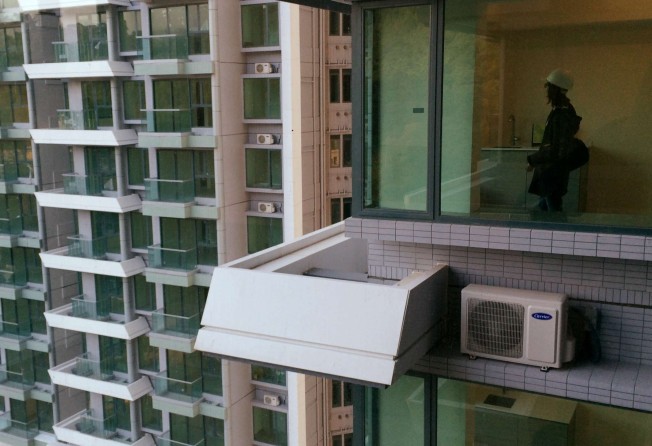Death of Hong Kong tycoon ushers in difficult and uncertain future
A new, steady wave of emigration out of Hong Kong to Canada, the US and Australia will resurrect itself

As one power descends another ascends. The passing of Cheng Yu-tung (1925-2016), property tycoon and founder of New World Development, marks the closing of a Hong Kong era. It also ushers in a difficult and uncertain future.
Hong Kong’s business scene in the twentieth century was and still is dominated by five big tycoons: Cheng Yu-tung (aged 91) of New World, Li Ka-shing (88) of Cheung Kong and Hutchison Groups; Lee Shau-kee (88) of Henderson Land, Stanley Ho Hung-sun (94) of Shun Tak, and the Kwok family (32 to 67) of Sung Hung Kai.
All of them flourished in pre-1997 Hong Kong from the 70s to the 90s where minimum regulation, political ignorance and a rapidly growing economy allowed them to exploit every possible opportunity. Nothing wrong with being an opportunist, especially during a period of abundant opportunities in Hong Kong for everyone from voracious property developers to the growing middle class who could afford rising prices for their own flats. And in their era, making as much money as possible without having to account to the rest of society was a Hong Kong right that made the city special.
Their success is not unlike the pharaohs of Egypt – a vast accumulation of monarchy-like family wealth by forcing the rest of the population to toil and pay for flats that supported their pyramids. The only problem is that the entire Hong Kong economy and social progress will be entombed along with them in their sarcophagus.
Their families have become the largest holders of private wealth in Hong Kong. So it is no surprise that despite a slowing economy, the rents and prices of residential flats and office space remain high and unaffordable.
The winter of the old tycoons must historically coincide with the rise and economic conflict with the young, localist, anti-establishment politicians in Legco. Much has been written about how Hong Kong’s government and economy needs to reform beyond property dependency. Many things in Hong Kong will change, but the omnipresent power of big property developers is not one of them. The next generation of tycoons will inherit enough money and power to carry on in silence.
For the current young generation, if their hopes and demands for democracy and better living standards and cheaper housing are not met, the natural long term response is not civil strife. Hong Kong people will never wage a general strike over quality of life, unlike the French, because their cowardice is lined with money.
Instead, a new, steady wave of emigration out of Hong Kong and to Canada, the US and Australia will resurrect itself. Disaffection with the political process will result in young people emigrating as soon as they graduate and qualify because they can’t afford to live here.
Beijing will phlegmatically respond by increasing mainland immigrants beyond the one way permit scheme where 150 mainlanders are allowed each day to reunite with families. While emigration in the 80s and 90s took its toll on Hong Kong’s talent pool, educated mainlanders could easily replace those leaving. But then can mainland immigrants afford Hong Kong flat prices? At the current rate, 180 square foot flats will mutate into 100 square feet stalls.
Hong Kong is becoming the city depicted in the famous 70s sci-fi movie Soylent Green. (Warning-spoiler alert). The place can only survive by consuming its inhabitants because there is nothing left to generate sustenance.
Peter Guy is a financial writer and former international banker